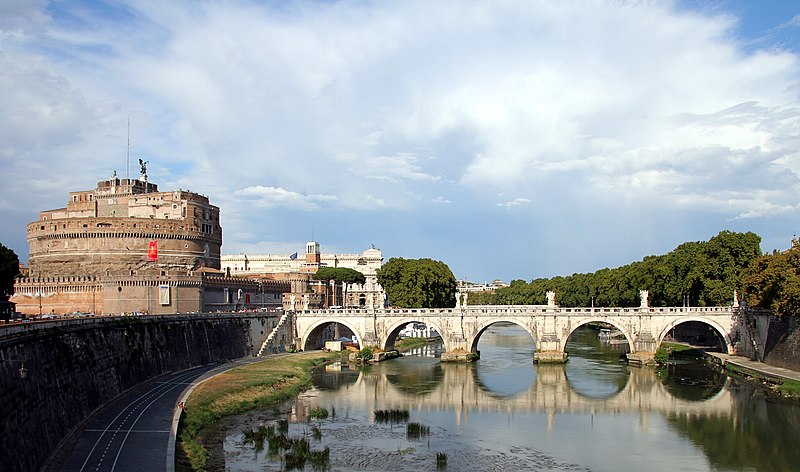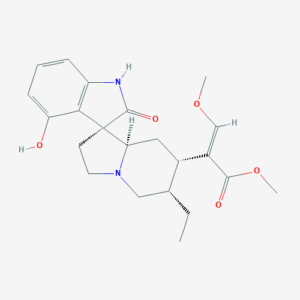Laws and kratom: UK and Italy cases
Today we present here two specific cases of kratom ban in Europe to contextualize its illegality and ambiguities in the legislation of two of the most populous countries of the continent: Italy and United Kingdom.
The Italian case is more direct and specific: kratom has been illegal since August 2016, being included in the table I of narcotics and psychotropics (which leads to major sanctions), along with opioids like heroin and methadone, due to an acute intoxication in June 2015, which there is neither specific news, medical reports, toxicological tests or further information about.
There are discussions in Italian online forums proposing to demand this information from the government to become public as a proof that kratom has indeed become illegal in the country according to their law considering the analysis of concrete cases, as people believe that, like in other countries, actually it has been illegalized due to biased information spread by a variety of actors interested in its ban, like the opioid industry and antiscience groups acting through part of the media and government channels.
“Honesty, dialogue and science are the key words to discuss kratom.”
On the other hand, the United Kingdom has a generic law regarding anything related to controlled substances, which leads to different interpretations when considering kratom as part of their policies or not: the Psychoactive Substances Act 2016 defines those as “any substance which (a) is capable of producing a psychoactive effect in a person who consumes it, and (b) is not an exempted substance”.
There is no mention to any specific substance, but to its general effects we assume that kratom is part of what is considered there. Production, selling, importation and exportation are forbidden. As kratom is included as a controlled psychoactive plant-based substance by the United Nations Office on Drugs and Crime (UNODC), defined as a New Psychoactive Substances (NPS), it makes sense to believe these policies would apply to it as well.
However, the generic law from the United Kingdom regarding psychoactive substances also provides an ambiguous interpretation in certain cases, as kratom is also used by many not for human consumption, not intended as food or supplement, specially when its final use is for incense and/or veterinarians purposes, so the doubt remains about what the scope of the law is. These grey zones always open possibilities of interpretations.
In conclusion, there is a long path to discuss the benefits and possible side effects of Mitragyna speciosa, and the only honest approach to go ahead with that is allowing science to discuss and provide information, like in a few academic studies that has showed that kratom has beneficial uses to treat pain and anxiety in humans, and not allowing the interference of the regular non-scientific media that responds to economic interests of companies willing to ban kratom for their own good. Honesty and science are the key words.

Italians deserve to have access to concrete data about the kratom ban.



